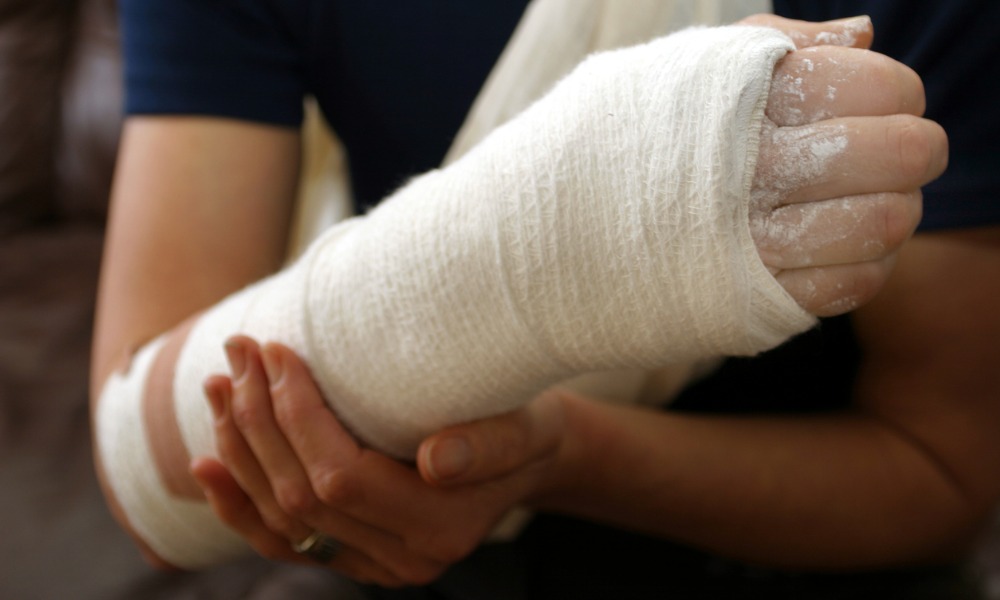The greater the degree of perceived unfairness relates to a greater likelihood of indicating poor mental health

A WCB claimants’ perception on whether a case manager treats them fairly largely affects their mental health, according to a study from the Institute of Work & Health (IWH) in Toronto.
When making a claim for a workplace injury, the majority of individuals felt they were treated fairly by case managers, both interpersonally (around 90 per cent) and in getting the information they needed (75 to 85 per cent). But those who felt they were treated unfairly are more likely to indicate having a serious mental health issue, found the study.
Approximately 600 claimants were asked to indicate on a five-point scale the degree to which they agreed or disagreed with seven statements about their case managers.
A one-point worsening in the mean score for questions on interpersonal fairness was linked to a 28 per cent greater likelihood of claimants indicating poor mental health. A one-point worsening in the mean score for questions on informational fairness was linked to a 20 per cent greater likelihood of poor mental health. And the effect of perceived injustice on mental health at baseline persisted, to a lesser degree, six and 12 months down the road.
This means that the greater the degree of perceived unfairness relates to a greater likelihood of indicating poor mental health, according to the study How Does Perceived Fairness in the Workers’ Compensation Claims Process Affect Mental Health Following a Workplace Injury?
If workers’ compensation service providers would treat claimants well, they can help reduce mental health problems for claimants, said Peter Smith, senior scientist and scientific co-director at IWH and one of the researchers.
“It’s not an unachievable goal,” Smith said. “If service providers can ensure that people will reply positively to the questions asked in the interview, based on our results, it would lead to meaningful reductions in the prevalence of psychological distress among people whose injuries are primarily physical in nature.”





